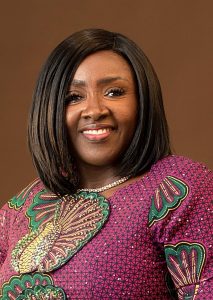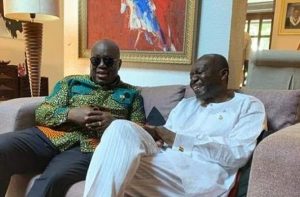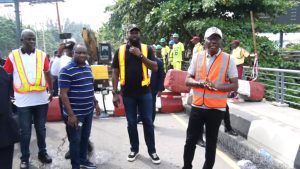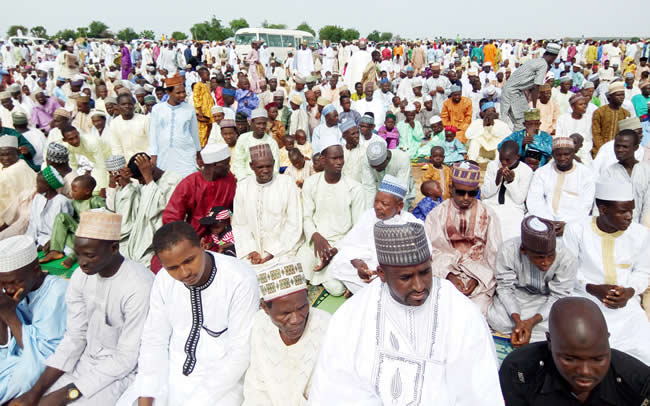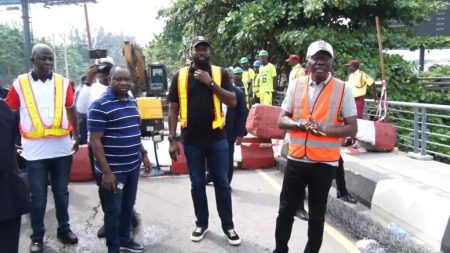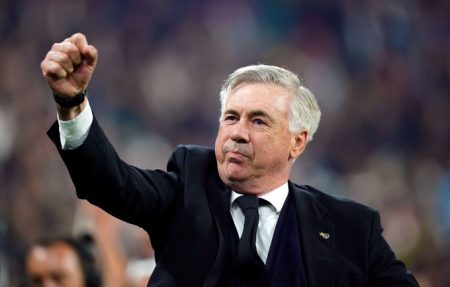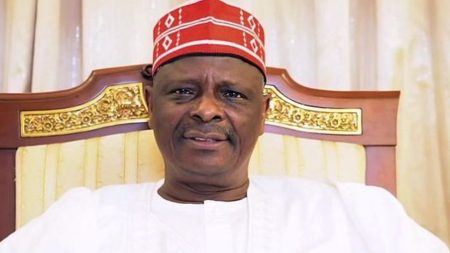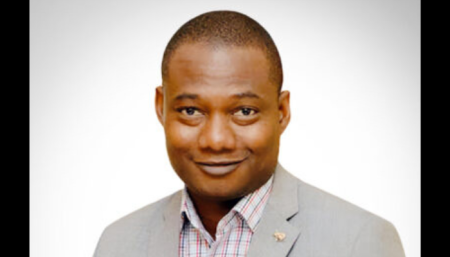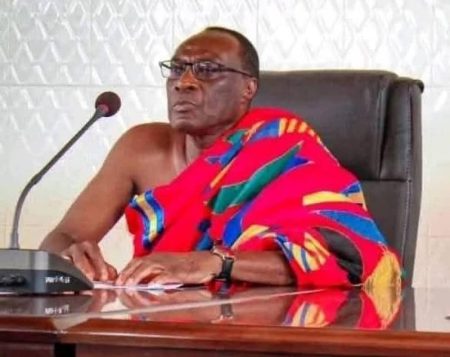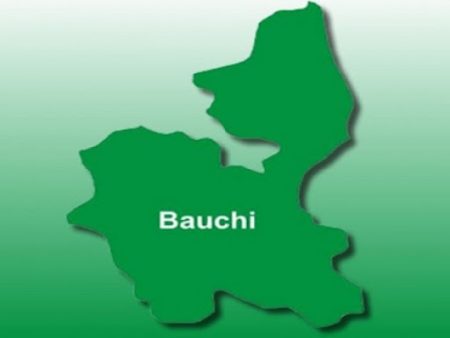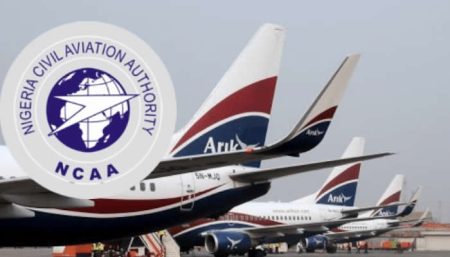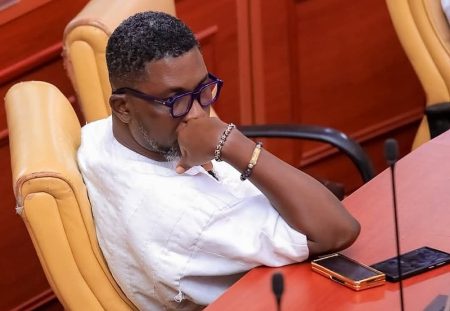The 2025 Eid-el-Fitr celebrations were markedly subdued across Nigeria, primarily due to the pervasive economic hardship gripping the nation. The escalating costs of essential commodities like food, fuel, and transportation, coupled with persistent security concerns, dampened the festive spirit and forced many Muslims to forgo the usual elaborate celebrations. This austerity was evident in reduced spending on new clothes, festive meals, and traditional Sallah gifts. The usually bustling traffic leading to Eid prayer grounds was noticeably absent, reflecting the financial constraints faced by many families. The prevailing sentiment was one of resignation and adaptation to the difficult economic realities.
Northern Nigeria, particularly Zamfara State, witnessed a stark decline in Eid festivities. The economic hardship translated into a low turnout at prayer grounds and a significant reduction in celebratory activities. Many residents expressed their inability to afford new clothes for their families or prepare elaborate meals, a stark departure from previous years. Senator Lawal Usman, representing Kaduna Central Senatorial District, echoed the concerns of the populace, urging Muslims to pray for an end to insecurity, hardship, and economic challenges plaguing the nation. While acknowledging the scaled-down celebrations, residents emphasized the importance of gratitude and peaceful coexistence despite the difficulties.
The prevailing economic hardship was a common theme across different states in northern Nigeria. In Gombe State, the Coalition of Northern Groups noted the lack of improvement in living conditions, emphasizing the persistent poverty and hardship. Despite the financial constraints, a Muslim group in Sokoto commended the peaceful conduct of residents during the celebrations, highlighting the resilience of the community. In Maiduguri, Borno State, the security situation was reported to have improved, but the economic challenges remained a significant barrier to a full-fledged celebration. Residents expressed their gratitude for the relative peace but acknowledged the need to prioritize essential needs over extravagant spending.
The economic downturn also impacted celebrations in the southwestern region of Nigeria. Osun State witnessed light traffic on major roads, with many businesses remaining closed during the Eid holidays. The high cost of living and transportation deterred people from traveling and visiting relatives, leading to reduced commuter activity. The Osun Sector Commander of the Federal Road Safety Corps confirmed the light traffic across major routes in the state, attributing it to the economic situation and the prevailing hot weather. Despite the constraints, Muslims in Oyo and Ogun states reported having memorable celebrations, attributed to community support, government assistance, and a decline in food prices prior to the festivities.
While Oyo and Ogun states experienced relatively positive celebrations, Lagos State reflected the broader economic struggles. Traders reported low patronage, with significantly reduced sales of clothing and food items. The economic downturn affected both small-scale traders and consumers, impacting the overall market activity during the festive period. The hardship experienced by Nigerians during this Eid-el-Fitr underscored the widespread economic challenges facing the country.
The opposition Peoples Democratic Party (PDP) attributed the hardship to the ruling All Progressives Congress (APC) administration, criticizing their economic policies and governance. The PDP highlighted the stark contrast between the subdued celebrations in Nigeria and the more festive atmosphere in other countries, urging leaders to prioritize selfless service and accountability. The party emphasized the need for justice, adherence to the rule of law, and sensitivity to the plight of the people. The muted Eid celebrations served as a stark reminder of the economic realities facing Nigerians and the need for effective policies to address the prevailing hardship.


